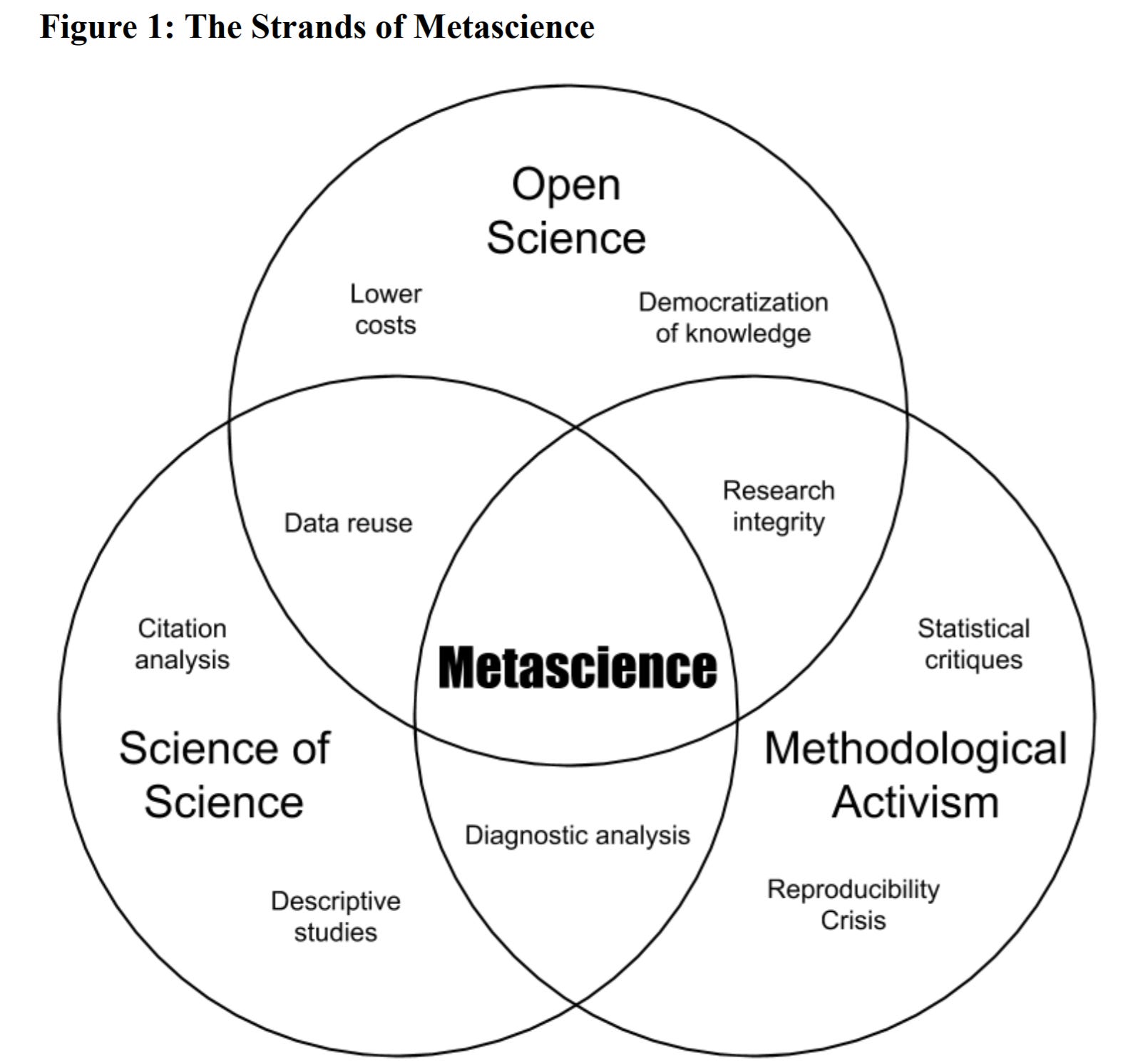
Not surprisingly many education scholars, social scientists, and psychologists denounced Jensen’s work, but so too did many geneticists.

Jensen’s writings sparked student protests and heated academic debates.

This was the era of intense conflicts over civil rights and President Johnson’s Great Society. In 1969, educational psychologist Arthur Jensen used ideas from the emerging field of behavior genetics in an article claiming that the IQ and educational achievement gaps between black and white children were due in large part to genetic differences between the races, and that educational efforts to close the gap must therefore fail. Thus, when the 135 scientists, many of whom Wade cites as his own authorities, blasted his argument as “incomplete and inaccurate” and with “no support from the field of population genetics,” his thesis had been dealt a mortal blow.īut to understand what makes the move of these geneticists so remarkable, you need some history and sociology of claims that genetic science explains racial differences in intellect and behavior.

Wade’s main response has been that the commentators lack the stature and expertise to criticize his ideas. The book has been widely reviewed and, apart from a glowing endorsement from conservative policy writer Charles Murray, has received largely negative assessments. His book purported to summarize the main findings of the research he had been covering: that the European, African, and Asian races are genetically defined and that they have faced different evolutionary pressures that have given them what he claimed are different intellectual, behavioral, and civilizational capacities. Wade was for many years the main science reporter for the New York Times covering developments in genetics and biology. Written by a group of five leading evolutionary geneticists and signed by another 135, it repudiated the main conclusions of Nicolas Wade’s book A Troublesome Inheritance.

On August 8, a remarkable letter appeared in the New York Times Sunday Book Review.


 0 kommentar(er)
0 kommentar(er)
